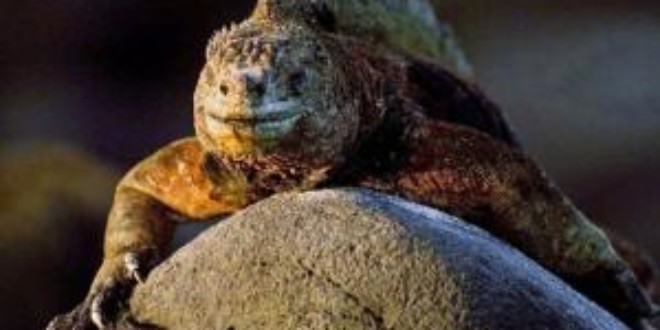A mosquito that has lived on the Galapagos Islands for thousands of years is emerging as a potential threat to the archipelago”s wildlife, because of an increase in tourism. Scientists fear the endemic insect could pick up diseases from other mainland mosquitoes brought to the Galapagos as stowaways on tourist ships and planes and then transmit the infections to the rare collection of indigenous animals on the islands.
The black salt marsh mosquito distributed throughout the Galapagos is highly unusual because it can feed on the blood of reptiles as well as mammals and birds. But its diverse diet means it could transmit introduced diseases such as West Nile fever to the islands’ rare birds and reptiles which include the giant tortoise, the marine iguana and the flightless cormorant.
One of the greatest fears is that with a boom in tourism to the region, mosquitoes infected with West Nile fever could be introduced to the islands, where they might infect local animals to create a reservoir of disease that the black salt marsh mosquito could then spread throughout the archipelago.
Analysis of the black salt marsh mosquito’s DNA found it must have lived on the islands for about 200,000 years.
The study, which is published in the journal Proceedings of the National Academy of Science, concluded that the growth in the number of people visiting the Galapagos Islands as tourists raises the likelihood of mainland mosquitoes infected with wildlife diseases such as avian malaria and West Nile fever making it to the archipelago, accompanied by tourists. West Nile fever has already spread across North America and South America.
“With tourism growing so rapidly, the chance of a disease-carrying mosquito hitching a ride from the mainland on a plane is also increasing, since the number of flights grows in line with visitor numbers,” said Andrew Cunningham, from the Zoological Society of London, the co-author of the study.
“If a new disease arrives via this route, the fear is that the Galapagos’ own mosquitoes would pick it up and spread it throughout the archipelago.”
(From independent.co.uk, Galapagos Islands)
 Ocean Sentry
Ocean Sentry




